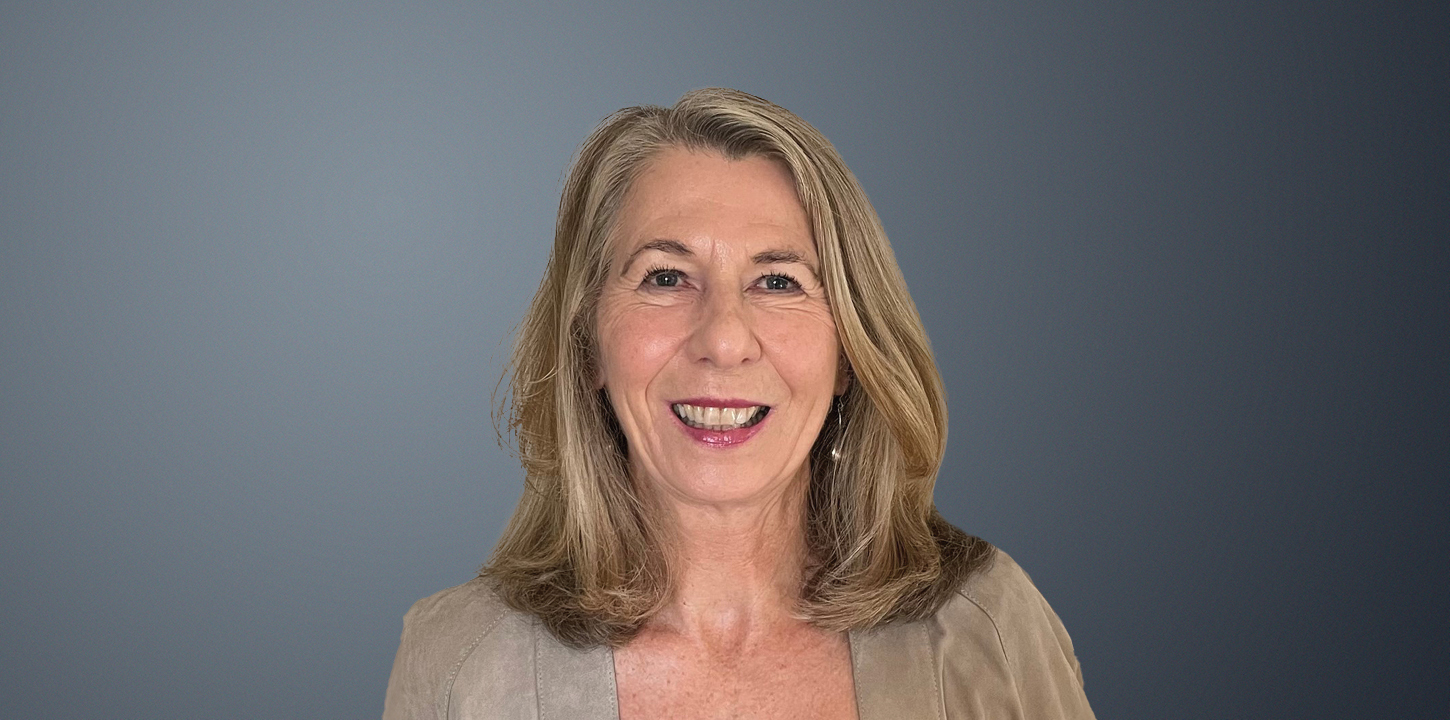
“One of the most important responsibilities of any leadership role is developing your team.” – Susan Bitter
Susan Bitter was the Chief Operating Officer of Corrs Chambers Westgarth from 2001-2012.
Over the course of her career, Susan has also held numerous board positions, including at Australia Post, and has acted as an advisor to not-for-profit organisations.
Q: What are some of your fondest memories of your time at the firm?
SB: My time at Corrs was the happiest, most professionally rewarding of my business career. This was due to a number of factors, three most important. Firstly, the breadth of my role meant I had relationships across the firm with the partners, the support team, my team in business services and the executive team. These relationships were characterised by significant goodwill, trust and respect, intellectual stimulation from working with clever people and camaraderie and laughter, even in demanding situations. Fortunately for me, many of these relationships endure today.
Another critical factor was seeing people develop their skills and progress their career ambitions. A professional services firm is an ideal place to experience and contribute in this area – important to an individual (be they a young lawyer, business services professional or support professional) and vital to the firm’s success. And for me, personally, it was extremely rewarding.
Then, of course, there was the breadth of my role and its challenges! When I started with the firm in 2001, shortly after formation of the national partnership, my time was focused on integration of the firm’s systems, financial matters, building a business services team to underpin the legal practice operations, and working with the board and executive team to develop and deliver the firm’s strategy. It was a great job – hard work, long hours, but always interesting and professionally challenging.
Q: In your time at Corrs, you made a significant contribution to the development of others. Why does a culture of mentoring matter to you?
SB: One of the most important responsibilities of any leadership role is developing your team. Mentoring is critical to achieving this. It’s a way of enabling a person to see the range of opportunities their career can hold and giving them the confidence to grab them. I commenced my professional career in the late 1970s when I joined Arthur Andersen, a large global accounting firm, as a trainee accountant in the audit practice. For a young woman starting a professional career in the 70s, there wasn’t always a level 'playing field'. Fortunately I was mentored at critical times in the early stages of my career. I came under the care of people who were interested in my development and, most importantly, opened my eyes to opportunities.
Q: What have been some of the most rewarding experiences of your corporate career?
SB: In my early career two things stand out. On joining Arthur Andersen, I went to a live-in two-week audit training school held at La Trobe University with 80 other university graduates from Australia and Asia. Our skill acquisition was huge – an outcome of the professionalism of the training content and those conducting the school. The second stand-out experience occurred when I was part of the training faculty for an Andersen school held in Tagaytay City in the Philippines which was designed to equip young accountants from Asian nations to lead audit teams. Totally rewarding for me and hopefully for them!
Prior to joining Corrs, I undertook the role of Chief Executive of Slater & Gordon, working with the partnership’s Chairman, Peter Gordon. The role gave me new, valuable insights. These included the access to justice provided by plaintiff law firms to the breadth of society – be it to economically disadvantaged people or senior executives wanting redress with their (former) employers or, distressingly, victims of asbestos-related diseases or negligence.
And then there was Corrs!
Q: You have held multiple board positions over the years, what is it that attracts you to these roles?
SB: The board roles I’ve held were primarily in the government and superannuation-related sectors. They included the Victorian Workcover Authority, Australia Post, the Industry Super Property Trust and a number of superannuation funds. In addition to main board work, I was often a member of or chaired their audit / finance / risk management committees. Membership of these boards gave me the opportunity to apply my skills and experience to organisations providing important services and benefits to society at large. Additionally, the industries or arenas in which they operated were dynamic and always interesting.
Q: What is the best career advice you have ever been given?
SB: Throughout my career I received excellent advice. Even as I took on senior roles I had my own personal ‘Board of Directors’ – a few trusted business colleagues-come-friends whom I consulted on career matters. Invaluable! An important, foundational piece of career advice was provided by the supervisor of my honours thesis, David Round, way back in 1977. Although my degree was in economics, David suggested I consider becoming a chartered accountant and seek employment at Arthur Andersen. He was particularly impressed with Andersen’s training programs and strategies to develop the leadership skills of their people. This was the legacy of the firm’s founder, Arthur Andersen, himself, a professor of accounting at Northwestern University in Illinois. I’m a beneficiary of that amazing learning experience at Andersen and the diverse and deep skill set it provided which then underpinned my career.
This interview was conducted in April 2024.



